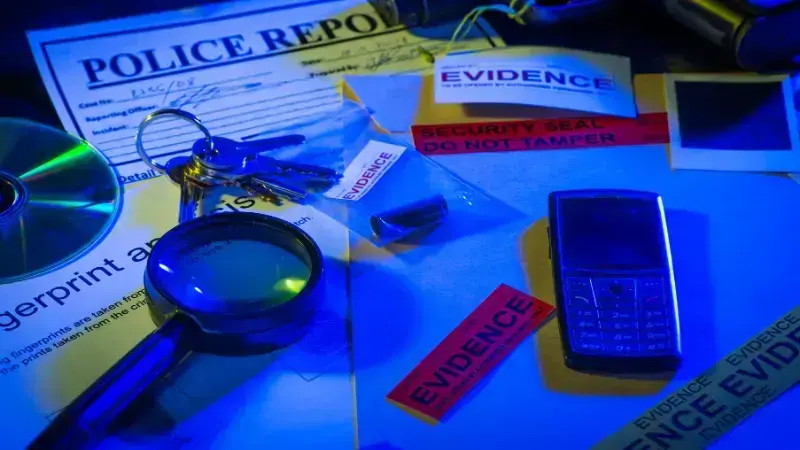It is needless to start explaining or defining what a felony is. Everyone knows what it is in the country or your dictionary can tell you. However, what may be considered a felony differs in many other countries. Felony convictions can have long-lasting consequences, impacting various aspects of an individual’s life long after committing the crime. One crucial aspect is the presence of a felony record, which raises questions about how long it will stay on one’s history and the potential ramifications it may entail.
Felony records play a crucial role in the criminal justice system. They are permanent documentation of an individual’s conviction and can impact various aspects of their life, including employment opportunities, housing applications, and even child custody disputes. It is essential to know how long a felony conviction stays on your file to go through these potential probs effectively.
How Long Does A Felony Stay On Your Record?

The duration that a crime conviction remains on your record varies depending on several factors, including the jurisdiction and the severity of the offense. In general, felonious crimes can stay on your record indefinitely unless specific actions are taken to expunge or seal them. This also answers the question if felonies stay on your record forever. It means that potential employers, landlords, and others with access to background checks may be able to see your conviction history.
Criminal records can have far-reaching consequences in both personal and professional life. Job applications often require individuals to disclose their criminal history, which can significantly affect their chances of securing employment. Landlords may conduct background checks before renting out a property, and a felony conviction can make it challenging to find suitable housing.
Differences In Record Retention Across States
The length of time that a crime remains on your record can vary from state to state. While some states allow for the permanent retention of felony convictions, others have laws in place that allow for the expungement or sealing of certain offenses after a specified period. In some states, criminal records longer than 7 years don’t show up on a check. Find out the specific laws in your state to better understand the options available to you.
Several factors can influence record retention periods within each state. These may include the severity of the offense, the amount of time since the conviction, subsequent criminal activity, and the individual’s behavior and rehabilitation efforts. Some states may also have additional eligibility requirements, such as completing probation or paying fines, before considering expungement or record sealing.
Expungement And Record Sealing
Expungement and record sealing are legal processes that allow individuals to limit public access to their criminal records. It typically involves erasing or destroying the records, while record sealing ensures they are no longer publicly available. These options can provide individuals with a fresh start by removing or restricting their felony conviction from public view. Click the heading above to learn details about this process.
Felony Record Processing
The court or law enforcement agencies handle criminal records and process them. If someone is found guilty in a court of their state, only that state’s court will handle the paperwork related to the arrest. These documents are very important for the agency in charge of record-keeping, as they include information about the crime committed and any arrests made.
Some websites such as Truthfinder help users perform a search which may or not require a fee. In some cases, a social security number might be needed to perform the search. What shows in a felonious record may include the following:
- Address
- Birth record
- Physical description
- Type of crime committed
- Fingerprint data
- Previous convictions if any
- Date of arrest
- Sentence/time served
- Prison
- A passport photo or sizable pic of the felon
- Other basic info
Criminal records are stored and used by authorities at the state, local as well and federal levels for different purposes.
The court can check if someone has done crimes before to decide their punishment. They can easily get the information to see if a person has a criminal history. Employers can also check this information to make sure the person they want to hire is good for their work environment and position.
Conclusion
Rebuilding your life after a felony conviction goes beyond finding employment and housing. It involves personal growth, rehabilitation, and reintegration into society. Utilize counseling services, support groups, and educational programs to address any underlying issues and develop the skills necessary to lead a successful and fulfilling life.
Ultimately, don’t let your criminal record does not define you. Focus on personal growth, developing new skills, furthering your education, and maintaining a positive mindset. By actively working towards your goals and making positive changes in your life, you can overcome the limitations of a felony conviction and rebuild a bright future.
In conclusion, understanding how long an offense stays on your record is crucial for individuals seeking to move forward and overcome the challenges associated with a criminal conviction. While the duration of crime records varies by state, it is important to explore options such as expungement and record sealing.